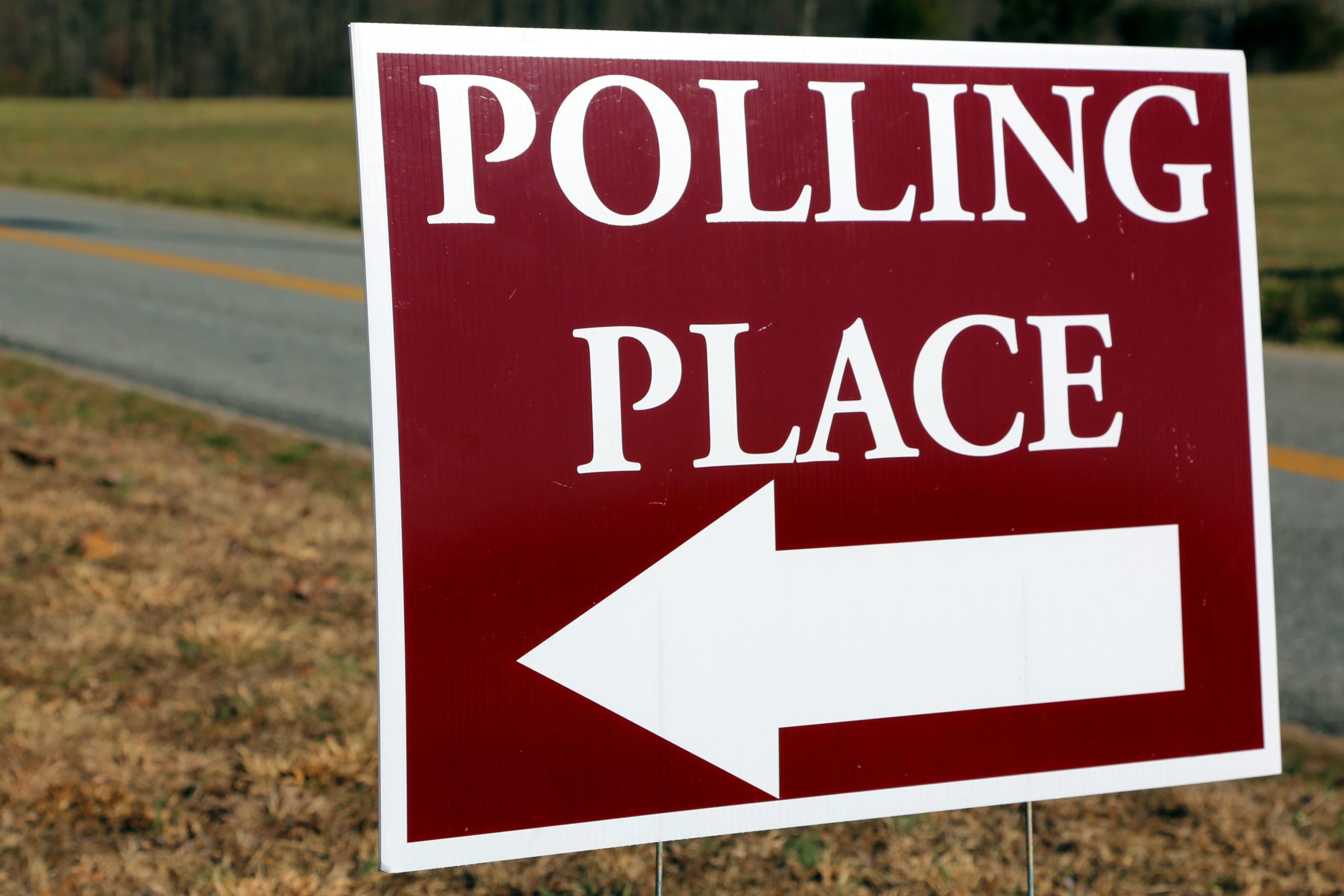Personal political persuasions aside, you have to admit that this Presidential election has been interesting to watch. Even other national, state and local races have been far from politics as usual. Over the years, I’ve watched many campaigns, and while they are all unique, there was always a thread of commonality or usualness running through them. Today, there is a distrust and frustration that makes this time more “politics as Unusual.”
Why does this matter and why should association leaders care? I can’t help but wonder how the trends, attitudes and mood of the populous will affect associations.
From observing the current mood in the country, here are takeaways we must all consider for our associations:
- People are distrustful of governance structures that they believe slow or halt decisions being made. So how will they view a House of Delegates, multi-layered chapter structure, or old-school traditional board election process? Will they value a traditional legislative/government relations program as a member benefit?
- Political scandals and misconduct are fuel for the 24-hour news cycles and people are sensitized differently because of that. Could one controversy or perceived misstep by your association bring out the same distrust held for public office politicians? Could what used to be seen as our “business as usual” by association board or staff members now be viewed with ire from members?
- Americans are watching how others today are dealing with political frustration; some demonstrate, some disrupt, some simply walk away and go elsewhere. Will the same behaviors be adopted by your members in dealing with frustrations or association challenges as they witness?
The political structure of our nation – as well as each association – is dictated by the needs and desires of the people affected, and becomes a social norm. Watch carefully for these signs in this election year, as the “national mood” may also become the association’s “mood.”
Want to stay ahead of the game? Consider:
- Taking time to actually listen to the average member not just those who are active.
- Examining the avenues your association has for members’ voices to be heard.
- Evaluating the governance structure to determine if it promotes or stifles real dialogue and action.
Burying our heads in the sand or acting like this can’t happen in our association isn’t realistic or responsible. Don’t let your association be caught off guard by the shifts that are occurring.
![]()

